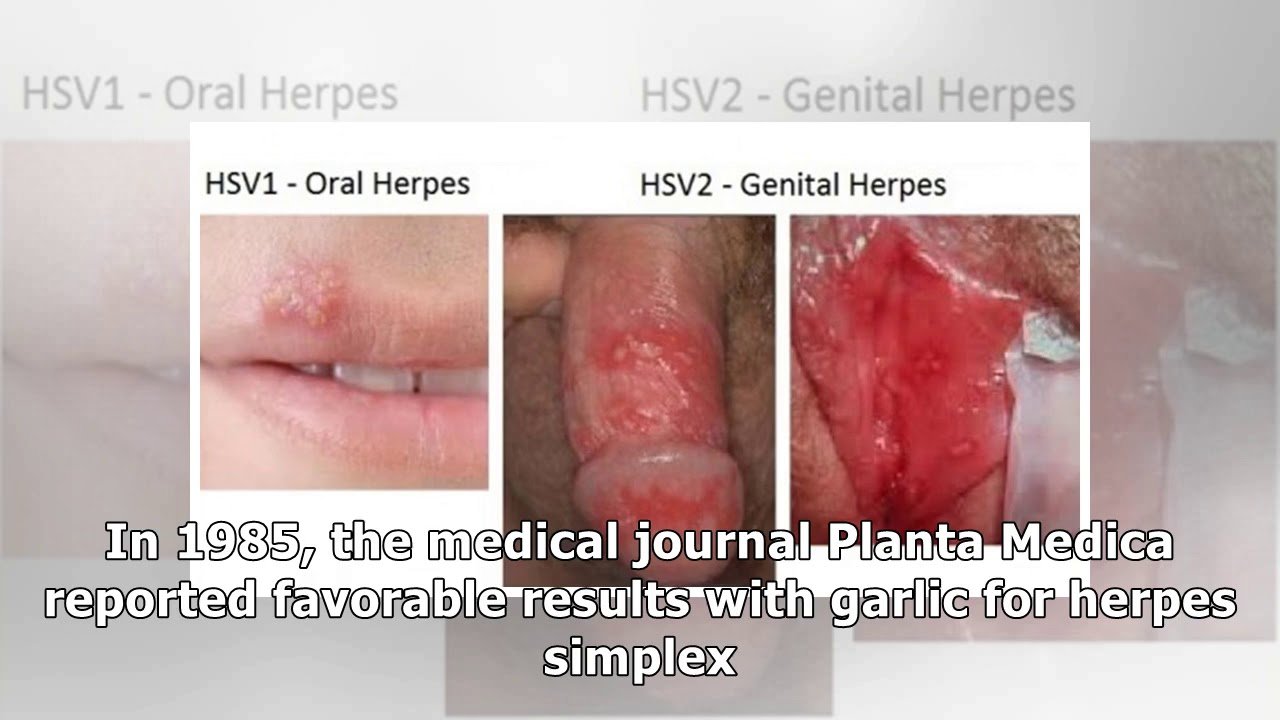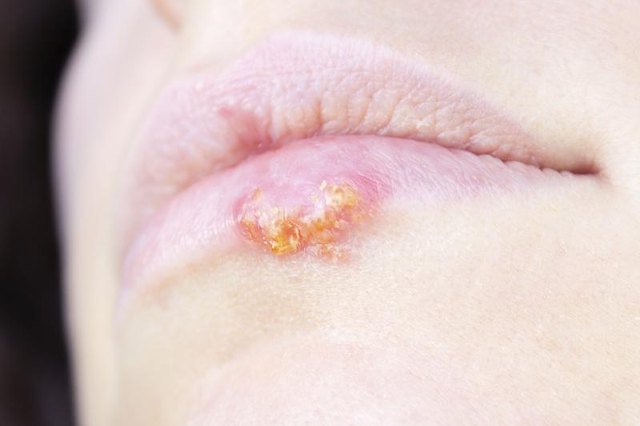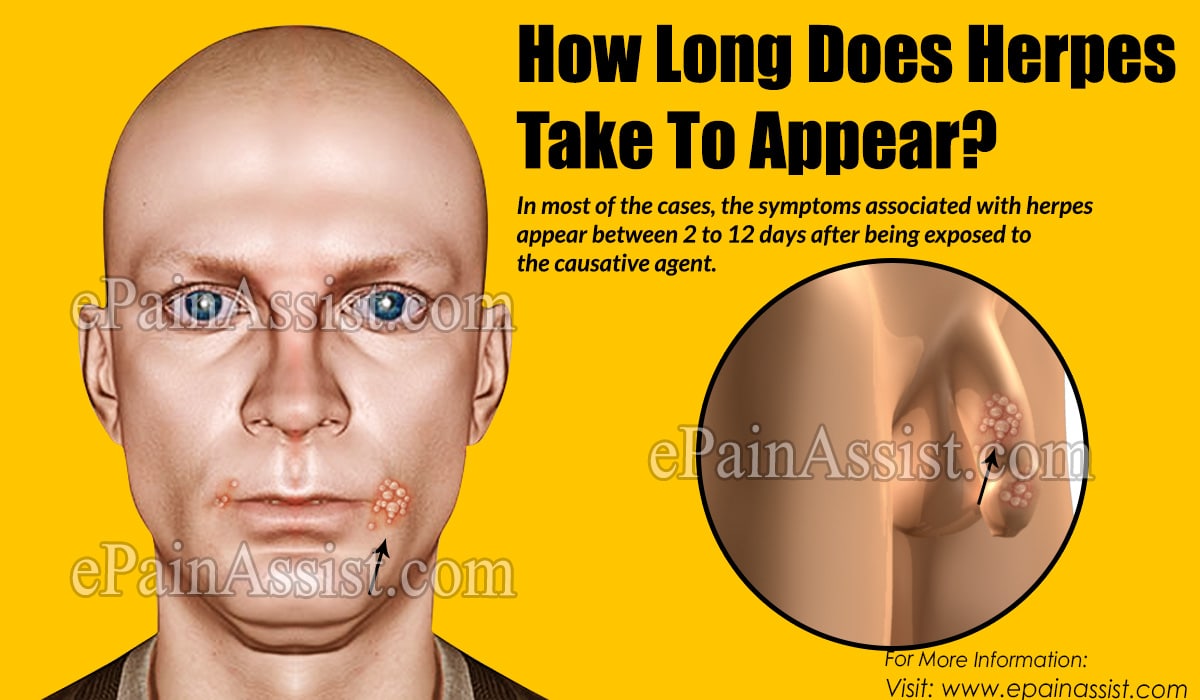How Can You Prevent Cold Sores
To avoid being infected with HSV-1, you should take the following precautions around people who have cold sores:
- Avoid kissing, intimate contact and oral sex with someone who has a cold sore.
- Dont share towels, razors, dishes, cutlery, straws, lip balm or lipstick.
- Wash your hands before touching your lips, eyes or genitals.
If youve already come into contact with HSV-1, do these to reduce risk of a cold sore outbreak:
- Try to stay healthy: A fever can trigger a cold sore, which is why people sometimes call them fever blisters.
- Get enough rest: Fatigue weakens your immune system and makes you more likely to get sick.
-
Wear lip balm with SPF: Protecting your lips from sunburn can help you avoid an outbreak.
If you have a cold sore, be careful around babies. Always wash your hands, and do not kiss a baby until the cold sore has healed completely.
If The Deeper Layer Of The Cornea Is Affected
Treatment is similar to epithelial keratitis . In addition to the antiviral eye ointment or drops, your specialist may add in some steroid eye drops. This helps to reduce inflammation.
Note: steroid eye drops must only be used under close supervision of an eye specialist. He or she will prescribe the correct strength and dose in conjunction with antiviral treatment. If you use steroid eye drops wrongly they can make herpes simplex infections worse!
Antiviral tablets may be used in some cases.
What Are The Signs Of Herpes In Women
Like men, women who have HSV-1 or HSV-2 may have no symptoms or signs of the infection. Some women may only have an initial outbreak and no other recurring symptoms. Others may have chronic recurring outbreaks of the herpes virus, and some women may not have an outbreak for months or even years after they have first been infected.
In the first herpes outbreak, symptoms usually start within 2 weeks of contracting the virus. The initial symptoms may include:
-Headache
-Around the buttocks or thighs
-Inside the cervix or urinary tract
Don’t Miss: Putting Abreva On Genital Herpes
Most Outbreaks Occur Within Two Weeks Of Herpes Exposure
If youve been infected with herpes and are symptomatic, youll usually start to experience some effects of the virus within one to two weeks.
An initial herpes outbreak usually lasts for two to three weeks and involves a range of different symptoms. Many people with herpes note that the initial outbreak has the worst symptoms and that subsequent outbreaks are less severe, although this isnt always the case.
Most people start to become aware that they might have herpes after a tingling sensation starts to develop in the area affected by the virus. For oral herpes, this is the start of the development of oral cold sores for genital herpes, the sores develop on the genitals, thighs and buttocks.
Over the course of two to three weeks, this tingling/itching feeling leads to the development of blisters. The blisters eventually open into sores, then dry out and heal. Most herpes outbreaks do not leave any permanent scarring.
During your first herpes outbreak, you might also experience flu or cold-like symptoms. About 70% of women and 40% of men experience some level of flu-like symptoms, such as muscle pains, gland swelling, headaches and fever.
What Happens At A Sexual Health Clinic

The doctor or nurse at the sexual health clinic will:
- ask about your symptoms and your sexual partners
- use a small cotton bud to take some fluid from 1 of your blisters or sores for testing
The test cannot:
- be done if you do not have visible blisters or sores
- tell you how long you have had herpes or who you got it from
Symptoms might not appear for weeks or even years after youre infected with the herpes virus.
If you have genital herpes, your previous sexual partners should get tested.
The doctor or nurse at the clinic can discuss this with you and help you tell your partners without letting them know its you who has the virus.
Read Also: Is L Lysine Good For Genital Herpes
Also Check: Genital Herpes On Inner Thigh
How To Get Rid Of Herpes Naturally
Not every person with a herpes infection actually experiences breakouts of cold sores throughout his or her lifetime or even after initially becoming infected. How often someone has a herpes cold sore outbreak, how severe the outbreaks are, how contagious someone is after infection and how long the sores take to heal all depend on someones individual immune response.
1. Boost Nutrient Intake
If youre going to keep the herpes virus from frequently causing outbreaks, the first step in how to get rid of herpes is to improve immune function by boosting nutrient intake. Include these healing foods in your diet to keep the virus dormant as much as possible:
2. Avoid Inflammatory Foods
Certain foods can raise inflammation, weaken immune defenses and make skin irritation even worse. Avoid the following foods as much as possible to limit outbreak severity and duration.
3. Consider Supplements
- Antiviral herbs: These include elderberry, calendula, echinacea, garlic, astragalus and licorice root.
- L-lysine : Can help treat and prevent outbreaks.
- Lemon balm extract: Apply as a topical cream for healing.
- Vitamin C : Vitamin C boosts immune function improving herpes.
- Zinc : Zinc benefits include supporting immune function, keeping viruses dormant and rebuilding skin tissue to speed up healing.
- B-complex : B vitamins help your body deal with stress and can prevent outbreaks.
4. Try Essential Oils
Dont Miss: Do You Have Discharge With Herpes
How Common Is Genital Herpes
Genital herpes infection is common in the United States. CDC estimated that there were 572,000 new genital herpes infections in the United States in a single year.1 Nationwide, 11.9 % of persons aged 14 to 49 years have HSV-2 infection .2 However, the prevalence of genital herpes infection is higher than that because an increasing number of genital herpes infections are caused by HSV-1. 3 Oral HSV-1 infection is typically acquired in childhood because the prevalence of oral HSV-1 infection has declined in recent decades, people may have become more susceptible to contracting a genital herpes infection from HSV-1. 4
HSV-2 infection is more common among women than among men the percentages of those infected during 2015-2016 were 15.9% versus 8.2% respectively, among 14 to 49 year olds. 2 This is possibly because genital infection is more easily transmitted from men to women than from women to men during penile-vaginal sex. 5 HSV-2 infection is more common among non-Hispanic blacks than among non-Hispanic whites . 2 A previous analysis found that these disparities, exist even among persons with similar numbers of lifetime sexual partners. Most infected persons may be unaware of their infection in the United States, an estimated 87.4% of 14 to 49 year olds infected with HSV-2 have never received a clinical diagnosis. 6
The age-adjusted percentage of persons in the United States infected with HSV-2 decreased from 18.0% in 19992000 to 12.1% in 2015-2016. 2
Recommended Reading: How Can I Get Herpes 1
What Is Genital Herpes
Genital herpes is a sexually transmitted infection caused by the herpes simplex virus. This infection is best known for the red bumps and white blisters it causes in the genital region, but genital herpes involves much more than just the visible outbreak.
The genital herpes virus progresses through five distinct phases, starting from your primary infection and proceeding through the healing stage.
During an active herpes outbreak, the blisters themselves also go through their own five-stage progression.
Donât Miss: How To Cope With Genital Herpes
Treating A First Outbreak Of Herpes
A first outbreak of genital herpes can cause a long illness with severe genital sores and can also affect the nervous system. Even if your first episode of herpes is mild, you may have severe or prolonged symptoms later. For this reason, the Centers for Disease Control and Prevention recommends that everyone who has a first episode of genital herpes take antiviral drugs.
Almost everyone who has one episode of genital herpes caused by HSV-2 also has later breakouts of sores. Later episodes are less common if your case of genital herpes is due to an HSV-1 infection.
The frequency of genital herpes outbreaks slows down over time in many people.
Also Check: Is Hpv And Herpes The Same Thing
You May Like: Can Herpes Be One Bump
What You Need To Know
- Fifty percent to 80 percent of U.S. adults have oral herpes.
- Oral herpes can be spread through intimate contact with someone who is infected.
- Oral herpes can be difficult to diagnose. Often confused with many other infections, it can only be confirmed with a virus culture called PCR, blood test or biopsy. PCR is the preferred test for diagnosing herpes infections.
- The best treatment for oral herpes is antiviral oral medication. Symptomatic treatment may include antiviral ointment, over-the-counter topical anesthetics or over-the-counter anti-inflammatory agents.
Whether you call it a cold sore or a fever blister, oral herpes is a common infection of the mouth area that is caused by herpes simplex virus type 1 . Fifty percent to 80 percent of U.S. adults have oral herpes. According to the National Institutes of Health, about 90 percent of adults have been exposed to the virus by age 50.
Once infected, a person will have herpes simplex virus for the rest of his or her life. When inactive, the virus lies dormant in a group of nerve cells. While some people never develop any symptoms from the virus, others will have periodic outbreaks of infections.
Signs Of Herpes In Children
The herpes virus can be spread to babies and children if they are kissed by someone that is infected and has active cold sores. Although rare, it is also possible to spread herpes to a child or infant by touch if a person touches their cold sore and then touches the baby or child.
Precautions can be taken to protect infants and other children from getting the virus. Avoid kissing children if you have a cold sore and ask other people not to as well. Wash your hands frequently if you have a cold sore and you are around children.
Also Check: Will Herpes Bumps Go Away
Support And Advice For Genital Herpes
If you have just found out you have genital herpes, you may feel shocked and may have a lot of questions. It may help you to gather as much information as you can about herpes. This can help you to make fully informed decisions about your treatment, safe sex and preventing further recurrences. Talking to a counsellor about your concerns may also help.
How Are Genital Herpes Diagnosed

Other STIs, like syphilis, cause similar symptoms. In addition to a physical exam, your healthcare provider will take a fluid sample from the blisters to test for the herpes virus. If your blisters are healed or you dont have blisters, a blood test can check for HSV-2 antibody, a marker that shows you have been exposed to the virus.
Read Also: What Happens If Genital Herpes Is Left Untreated
You May Like: Does Herpes Make You Feel Sick
Why You Should Go To A Sexual Health Clinic
You can see a GP, but they’ll probably refer you to a sexual health clinic if they think you might have genital herpes.
Sexual health clinics treat problems with the genitals and urine system.
Many sexual health clinics offer a walk-in service, where you do not need an appointment.
They’ll often get test results quicker than GP practices and you do not have to pay a prescription fee for treatment.
Do I Need To Tell My Partner
In Canada, genital herpes is not a reportable sexually transmitted infection. While it is not legally required, we recommend that you inform any sexual partners youâve had 60 days before symptoms appeared or before the diagnosis date.
It is not mandatory to inform sexual partners you have been diagnosed with genital herpes in Canada.â
Read Also: How To Help Herpes Heal
Is There A Cure For Herpes Simplex
There is no cure for herpes simplex. Once you have the virus, its a lifelong infection.
What is the outlook for people with herpes simplex?
For many people, the first herpes outbreak is the most severe. Many outbreaks are less frequent and milder after the first year of infection. Some people may have only one outbreak and never have another again.
Herpes infection doesnt usually pose a serious health risk. The risk of a health complication due to herpes is higher in infants and if you have HIV/AIDS, cancer or an organ transplant.
What Are The Risk Factors For Herpes
Some risk factors for herpes may include:
-Having unprotected sex
-Having sex with multiple partners
-Kissing someone with a herpes virus that is active
-Abuse of cigarettes, alcohol, and drugs
-Spreading the virus by touching a cold sore and then touching something else
-Having an autoimmune disorder or illness, such as hepatitis or HIV/AIDS
-Poor eating habits that cause nutritional deficiencies
Read Also: What Is The Meaning Of Herpes
Can I Breastfeed If I Have Genital Herpes
Yes, you can breastfeed if you have genital herpes, but not if you have a herpes sore on one of your breasts. If you have genital herpes, it is possible to spread the infection to any part of your breast, including your nipple and areola.
If you have any genital herpes sores on one or both of your breasts:
- You can keep breastfeeding as long as your baby or pumping equipment does not touch a herpes sore.
- Do not breastfeed from the breast with sores. Herpes is spread through contact with sores and can be dangerous to a newborn baby.
- Pump or hand-express your milk from the breast with sores until the sores heal. Pumping will help keep up your milk supply and prevent your breast from getting overly full and painful. You can store your milk to give to your baby in a bottle for another feeding. But if parts of your pump also touch the sore while pumping, throw the milk away.
How Is Herpes Transmitted
Herpes simplex is highly contagious. It is primarily transmitted via contact with an infected person, either with saliva or through direct contact with fluids from herpes sores.
Herpes may be transmitted either through sexual contact or non-sexual contact. HSV-1 is much more common than HSV-2.
It is not possible to get herpes from:
The CDC estimates that around 48% of the U.S. population have HSV-1, which causes oral herpes, while around 12% have HSV-2, or genital herpes.
Herpes simplex viruses may be spread by:
- Less commonly, shared objects that touch the sores or saliva of someone with an active outbreak
In some cases, while not as common, herpes simplex can be passed from a pregnant person to their baby during birth.
Both types of herpes simplex can be asymptomatic. A person with no symptoms may still be able to spread the virus via saliva or other body fluids if it is actively shedding.
Viral infections never leave the body.
They may go dormant, during which time a person is not contagious.
Herpes simplex virus does not always reactivate, but is contagious from someone experiencing an outbreak, whether it is their first or one of many.
Most people are contagious a few days before sores appear and until the sores are fully crusted over and no longer producing liquid.
Don’t Miss: How Long To Get Herpes Test Results
What Happens If I Dont Get Treated
Genital herpes can cause painful genital sores and can be severe in people with suppressed immune systems.
If you touch your sores or the fluids from the sores, you may transfer herpes to another part of your body, such as your eyes. Do not touch the sores or fluids to avoid spreading herpes to another part of your body. If you do touch the sores or fluids, immediately wash your hands thoroughly to help avoid spreading your infection.
If you are pregnant, there can be problems for you and your developing fetus, or newborn baby. See Im pregnant. How could genital herpes affect my baby? above for information about this.
How Are Cold Sores Treated

Cold sores cant be cured, but, if symptoms are severe, treatment may help relieve some symptoms. Treatment may include:
-
Antiviral topical ointments
-
Antiviral oral medications
-
Over-the-counter topical anesthetics or anti-inflammatory agents may help with symptoms
Cold sores take about 1 to 3 weeks to heal. The first time they appear, they can take up to 3 weeks to heal. But, when cold sores return, they usually take a week to heal if no medicines are used. Antiviral medications may help, but they need to be started before day 3 or 4 of the blister formation. Antivirals are usually not recommended for otherwise healthy people. Always consult your health care provider or dentist if the sore does not heal or becomes worse as time passes.
Don’t Miss: How Can You Test For Herpes Without An Outbreak
What Can A Person Or Community Do To Prevent The Spread Of Herpes Ii
Avoidance of sexual contact with symptomatic individuals is an immediate, but only partial answer because herpes virus may be shed while the infected individual remains asymptomatic. Cesarean section is often recommended when primary or recurrent herpes II lesions occur in late pregnancy.
Sexual relations should be approached responsibly.
- Limit the number of your sex partners.
- Use a male or female condom.
- If you think you are infected, avoid any sexual contact and visit the local STD clinic, a hospital or your doctor.